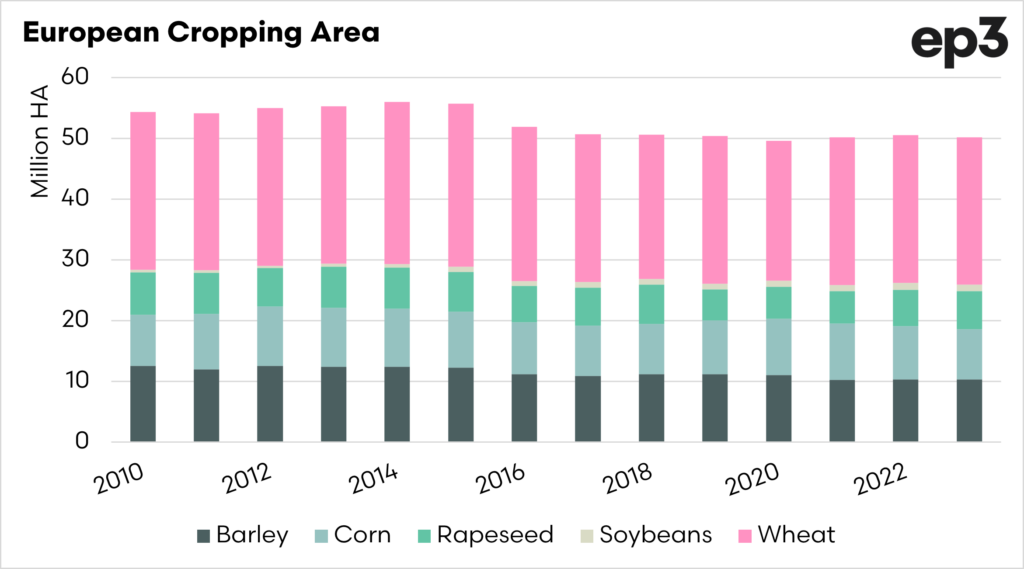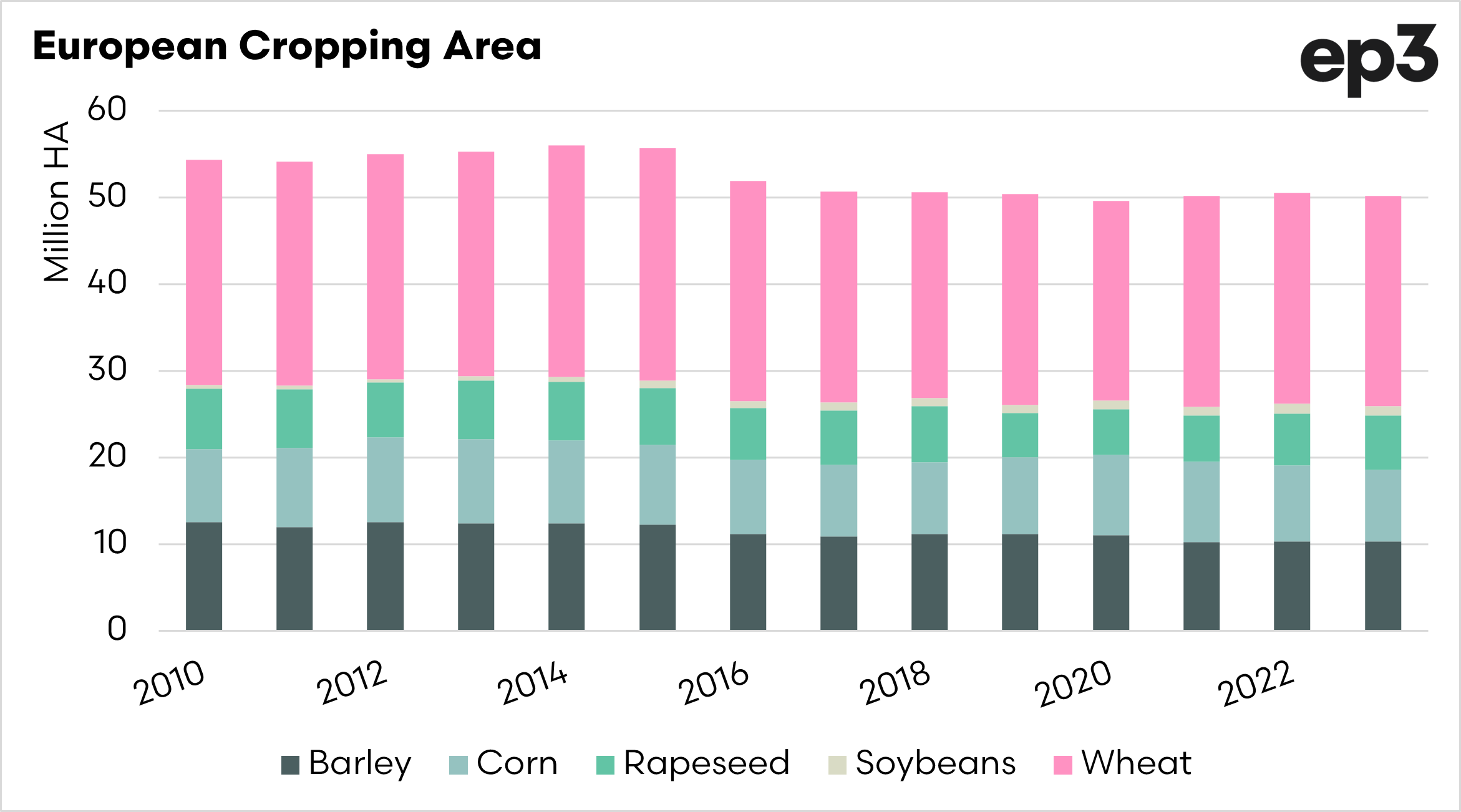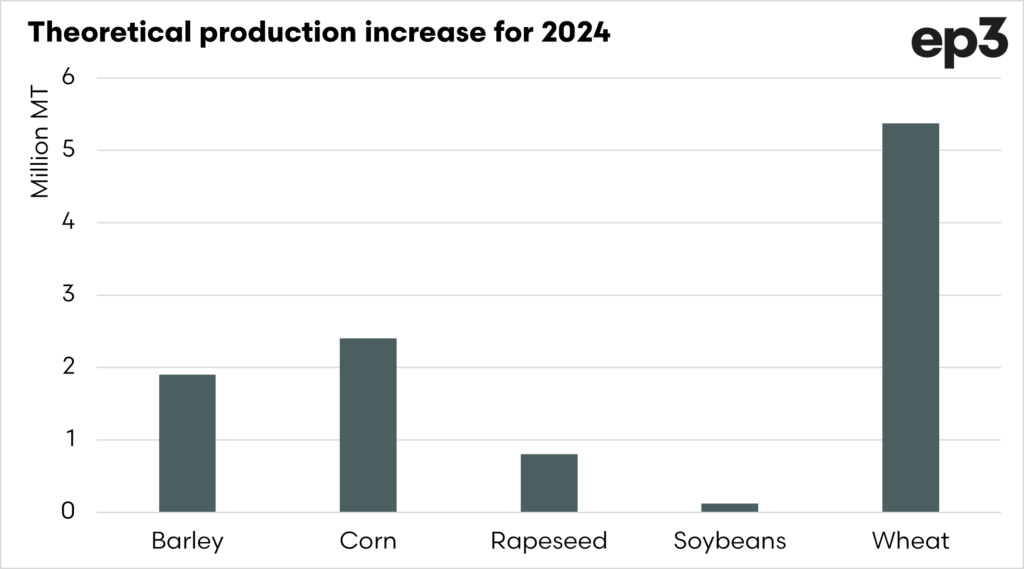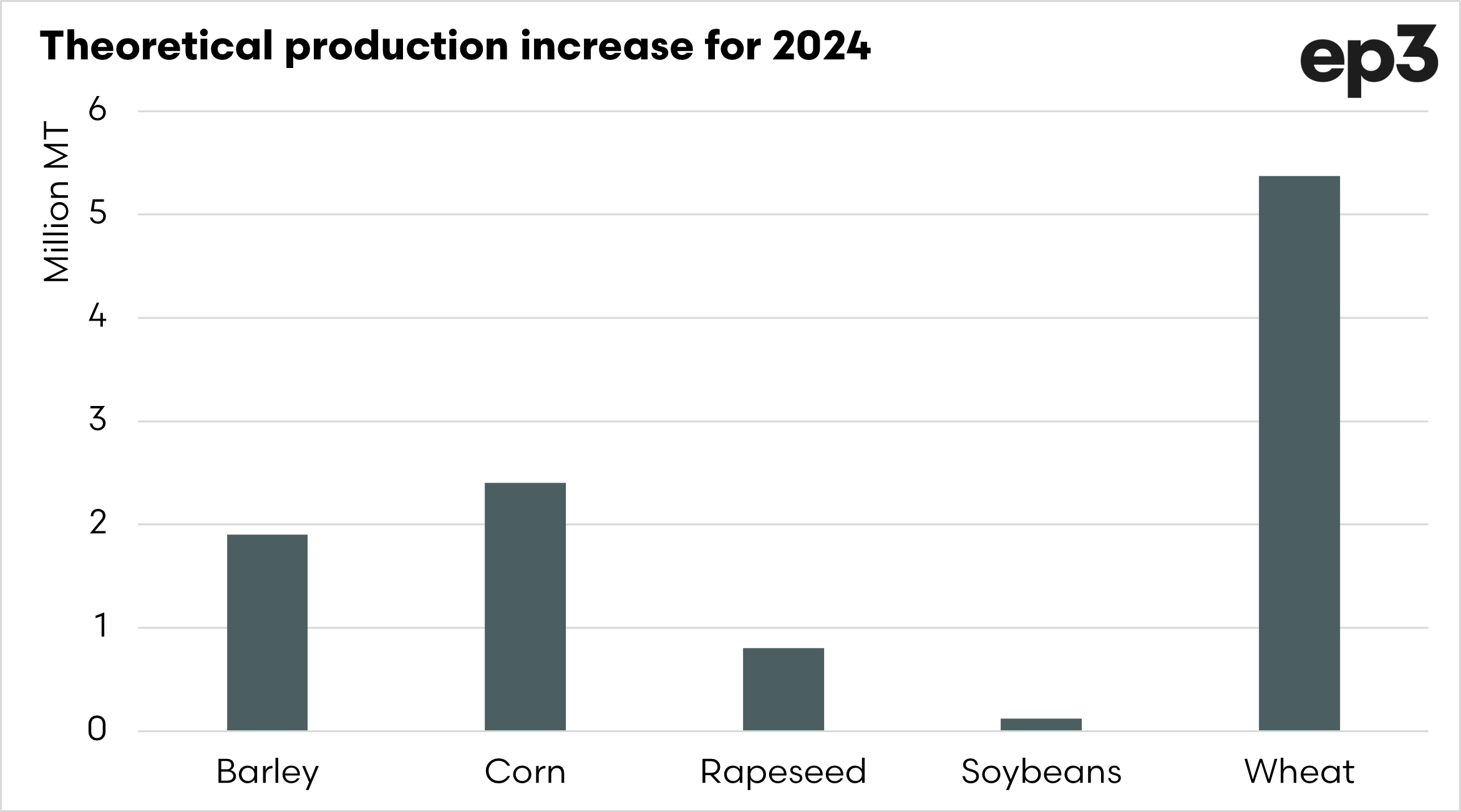Market Morsel: Farm protests result in major change of environmental policy

Market Morsel
The European Union is generally at the forefront of environmental legislation. In Australia, we have experienced it first-hand with our canola sales into Europe. We trade Canola into Europe for biofuels, and we have to sign up to a sustainability scheme to prove that we didn’t cut down the rainforest to plant canola (a simplification of the scheme but the reality).
Many Australian farmers and industry bodies are concerned about this, but the reality is that European farmers are not always happy about the additional burden of green tape on their businesses for one year.
You may have seen in recent months the increased level of farmer protests in European nations. The European Commission has capitulated to some of the demands of farmer protesters, and it may have an impact on Australian farmers yet again.
Farmers in Europe have to set aside 4% of their arable land and keep it unproductive each year. This is to allow the land to ‘regenerate’, and forms a major component of policies, which is tied to their subsidies.
The EU Commission proposes to remove this 4% set aside and allow farmers to crop 100% of their farms.
There is a caveat, there always is, to this proposal. Farmers are only allowed to be exempt from set aside if they plant 7% of their area to nitrogen-fixing crops – such as lentils. Another caveat is that these crops are to be grown without plant protection products……
So what does it mean for Australian farmers? Europe has huge cropping areas, approximately 50m hectares, and 4% is a significant increase to add to production.
In theory, and to be taken as a very general guide, we could see up to 5mmt of wheat added to the global balance sheet and 800kmt of rapeseed. Please note, however, that there are many variables, and this is just a very high-level view of the change.
The other impact could be that farmers will want to take advantage of this 4% increase and will, therefore, have to plant pulses. Europe produces around 4mmt of pulses per year, if farmers use their 4%, they will need to increase nitrogen-fixing crops.
So I guess the farm protests in Europe have changed policy, allowing more food to be grown and possibly reducing costs for consumers.




